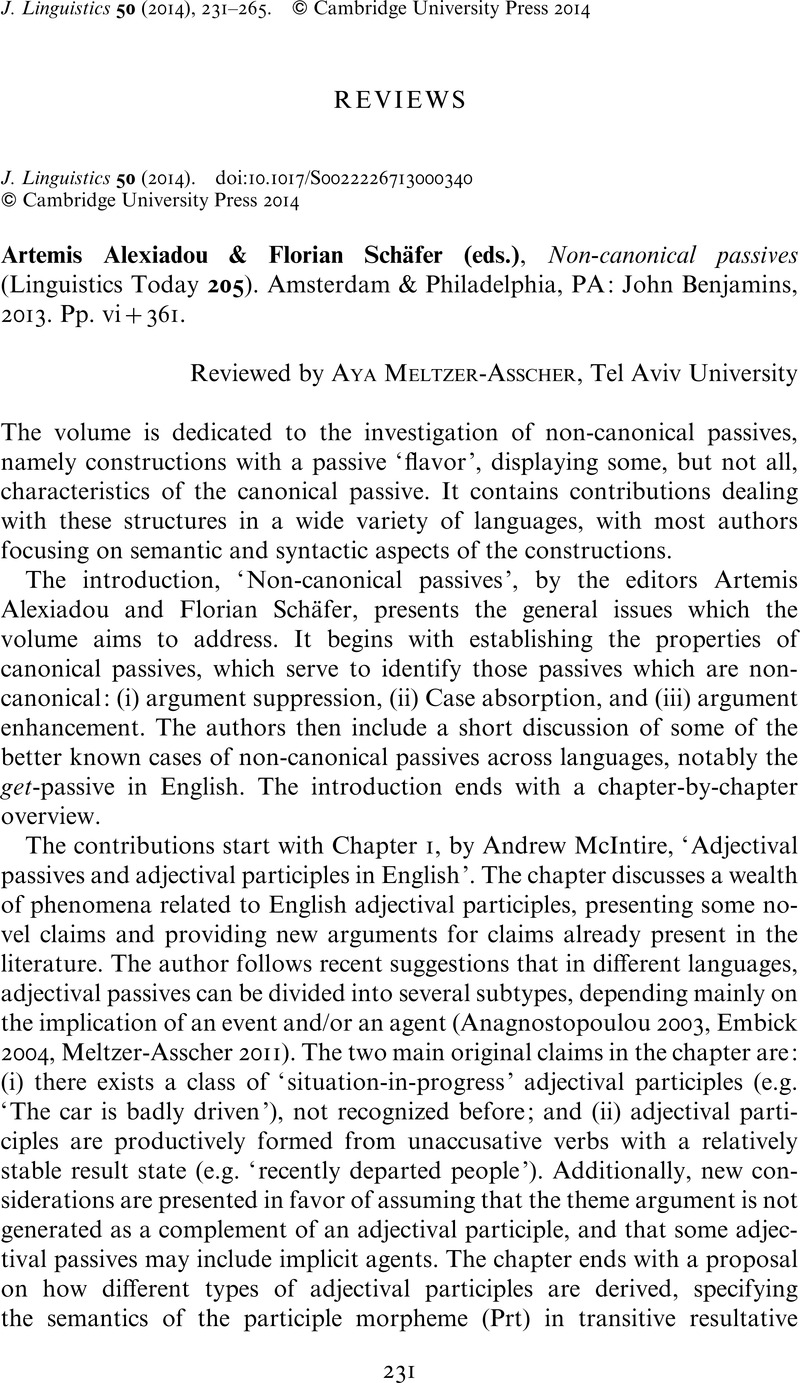Crossref Citations
This article has been cited by the following publications. This list is generated based on data provided by Crossref.
Regúnaga, María Alejandra
2019.
La voz pasiva en yagán.
Forma y Función,
Vol. 32,
Issue. 2,
p.
255.



